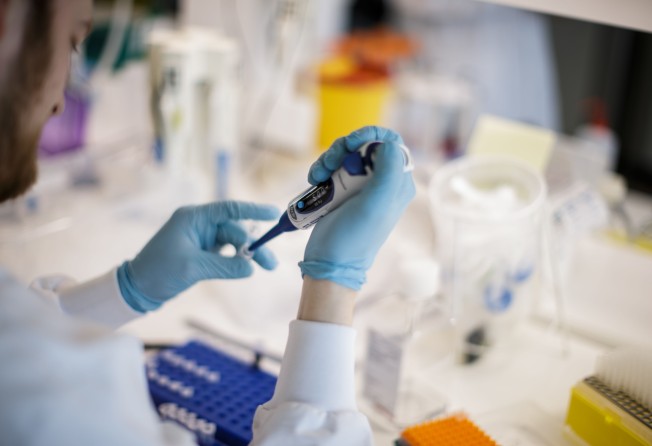Why blaming the WHO for the coronavirus crisis is both misguided and unproductive
- The WHO must balance transparency and the early reporting of suspicious events with the need to protect the interests of the reporting country
- Political considerations, rather than evidence, seem to be behind the criticism of the international health body

The International Health Regulations of the World Health Organisation require member states to conduct disease surveillance and to report expeditiously new diseases which may be of an international concern. For this system to work effectively and to ensure transparency, it is imperative that reporting countries do not suffer stigma and undue trade and travel restrictions. In the past, we have observed China’s lack of transparency during the severe acute respiratory syndrome epidemic in 2003 and Indonesia’s reluctance to share information regarding the H5N1 virus because of these concerns.
The WHO has the difficult job of balancing transparency and the early reporting of suspicious events, with the need to protect the interests of the reporting country. We must make sure that incentives remain for transparent disclosures, such that member states do not fear undue reprisals from other members, through trade and travel restrictions.
China had earlier this year reported an atypical pneumonia which emerged in December 2019 to the WHO. It promptly mapped the genome of the new virus within a couple of weeks and made its findings available to the rest of the world. Recently, there have been reports about dissatisfaction with the WHO, and it appears that this dissatisfaction is fuelled by the politics of sovereign relations as opposed to being based on facts.
The research and the prevailing global spread thus far indicate that Covid-19 is far more damaging than Sars due to its highly contagious nature. To successfully combat Covid-19, we must prioritise the early development of an effective vaccine to prevent its spread, while also developing management protocols and drugs to treat those who are infected.
We must abandon the politics of partisanship, and responsible nations have to come together to make this possible. International leaders owe it to their peoples to help combat this virus rather than worry about their prospects of re-election.
It is very encouraging to note that scientists have identified 60 potential candidate vaccines. Further development is a very complex process and will require different phases of human clinical trials to identify the most safe and effective vaccine.
Additionally, the challenge of manufacturing hundreds of millions, if not billions, of doses of the vaccine which meet quality standards, remains. This is a staggering amount of work which will only be possible through international cooperation, and an unprecedented level of funding. All this can happen only if we thrust politics aside and come together to fight the virus as one.
Dr Sutinder Bindra, Discovery Bay